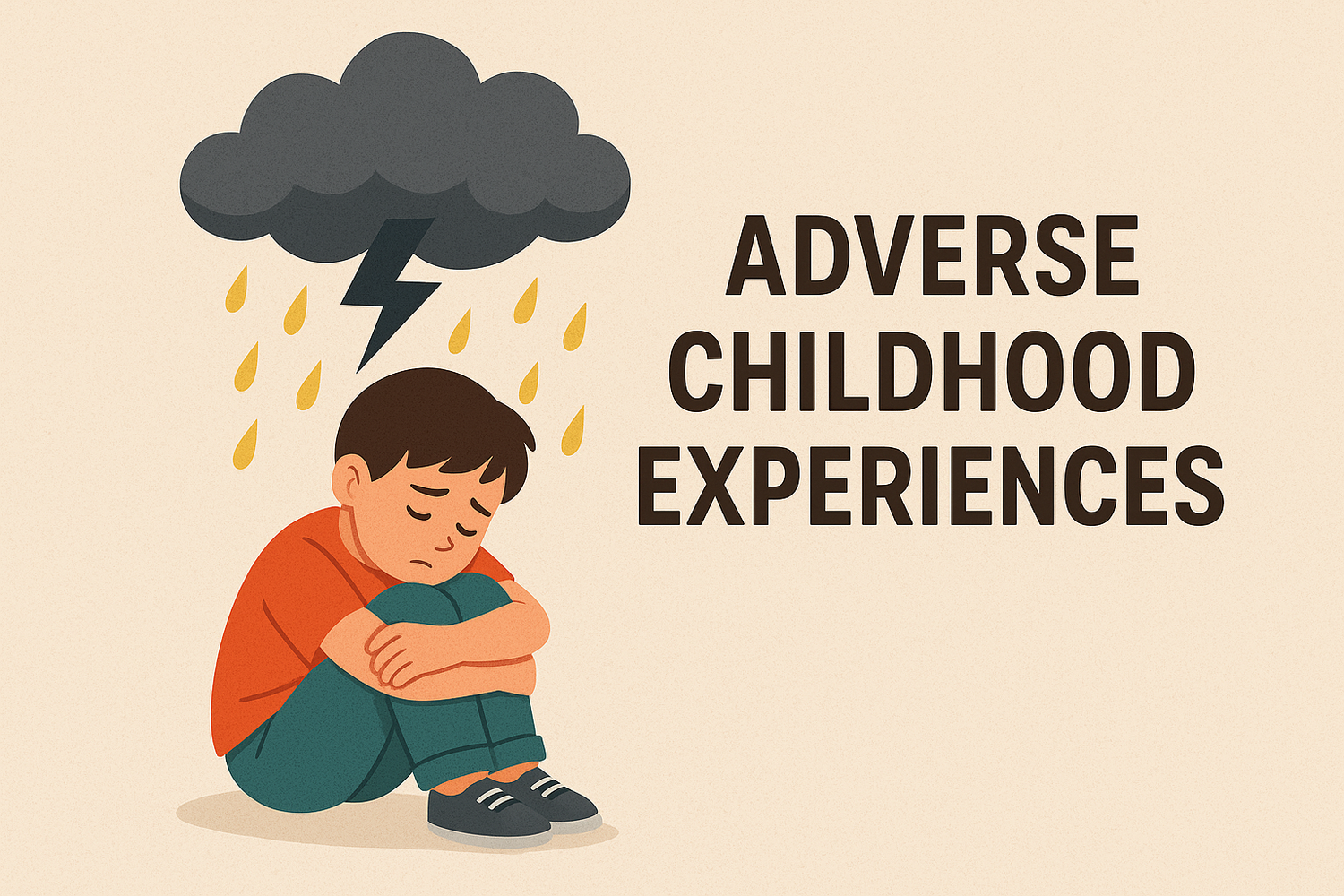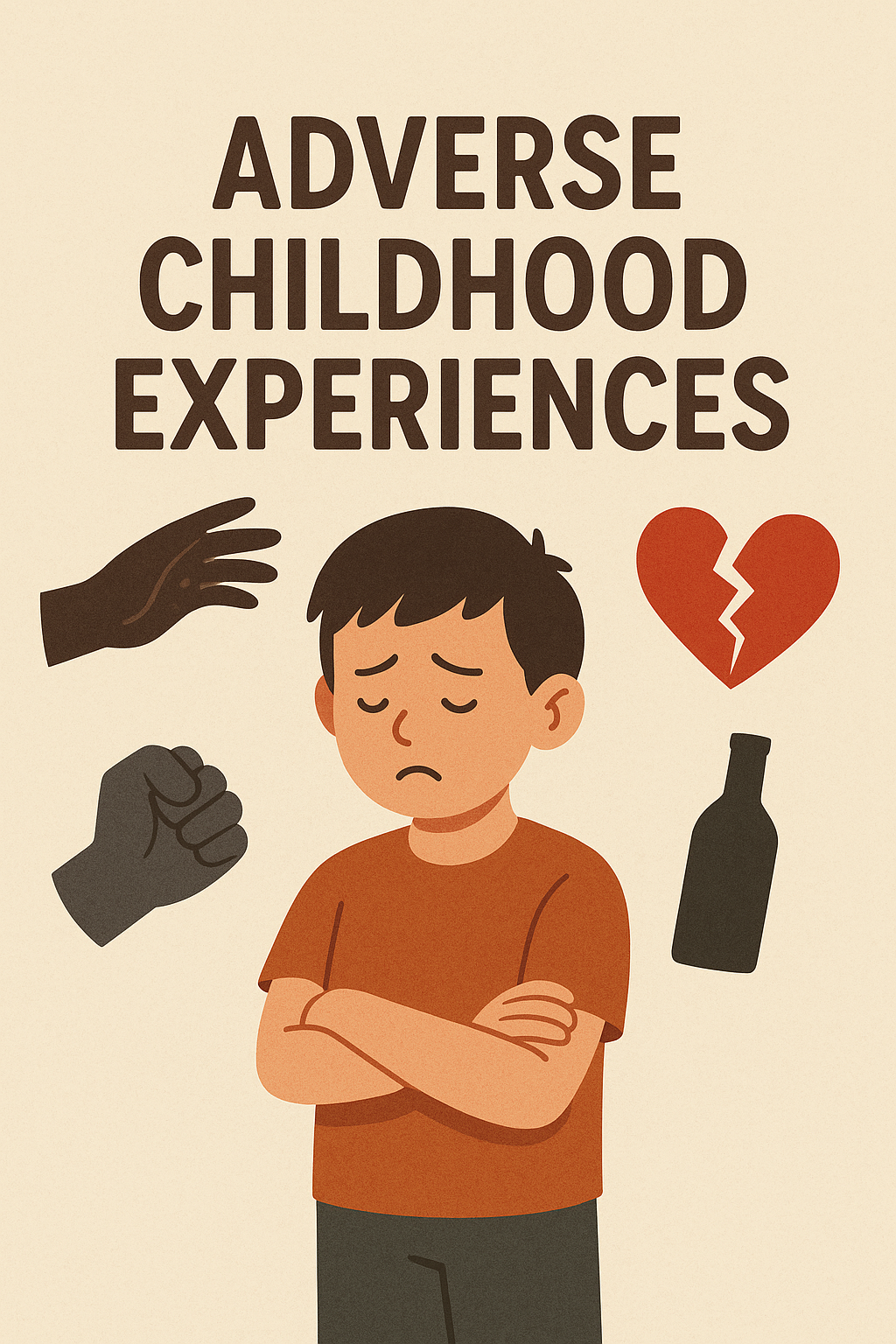A serious illness in one child reshapes the entire family’s world. Daily life becomes a cycle of hospital visits, mounting expenses, and emotional strain. Amid this upheaval, siblings often fade into the background—quiet witnesses to a storm that alters their own emotional landscape.
1. Emotional and Behavioral Strain
Siblings of ill children frequently wrestle with a tangled web of emotions: fear, guilt, jealousy, sadness, and resentment.
- Fear stems from watching a loved one suffer or sensing parental distress.
- Guilt may arise from being healthy or wishing for normalcy.
- Resentment can build when attention and routines center around the sick child.
These feelings, often unspoken, may lead to withdrawal, behavioral challenges, or academic struggles. Some siblings take on a caretaker role, suppressing their own needs to avoid adding to their parents’ burden.
2. Changing Family Dynamics
Chronic illness can shift family roles dramatically. Healthy siblings may be asked to shoulder more responsibilities—helping around the house, offering emotional support, or even caring for their ill sibling. While this can nurture empathy and maturity, it can also result in parentification, where a child assumes adult-like duties prematurely.
This imbalance can affect self-esteem, identity formation, and peer relationships. Feeling unseen or secondary may leave lasting emotional scars.
3. Long-Term Consequences
Studies show that siblings of chronically ill children face increased risks of anxiety, depression, and social challenges later in life. The unpredictability of illness and exposure to medical trauma can leave deep emotional imprints, sometimes resembling secondary trauma or contributing to Adverse Childhood Experiences (ACEs).
Yet, with the right support, these siblings often develop extraordinary resilience, compassion, and adaptability.
4. Nurturing the “Quiet Witness”
Families and communities can make a profound difference by offering intentional support:
- Open communication: Age-appropriate updates help reduce fear and foster trust.
- Dedicated time: Even short moments of undivided attention remind siblings they matter.
- Mental health support: Counseling and peer groups provide safe spaces to process emotions.
- Inclusive care: Involving siblings in caregiving and celebrations can empower them—without overwhelming them.
A Whole-Family Approach to Healing
When illness strikes, survival becomes the priority. But true healing requires seeing and supporting every child in the family. By acknowledging the silent toll on siblings and offering them care, we not only protect their emotional health today—we help prevent long-term trauma and nurture their full potential.
Every sibling deserves to feel seen, heard, and supported—even in the most challenging seasons of family life.



Leave a comment
All comments are moderated before being published.
This site is protected by hCaptcha and the hCaptcha Privacy Policy and Terms of Service apply.